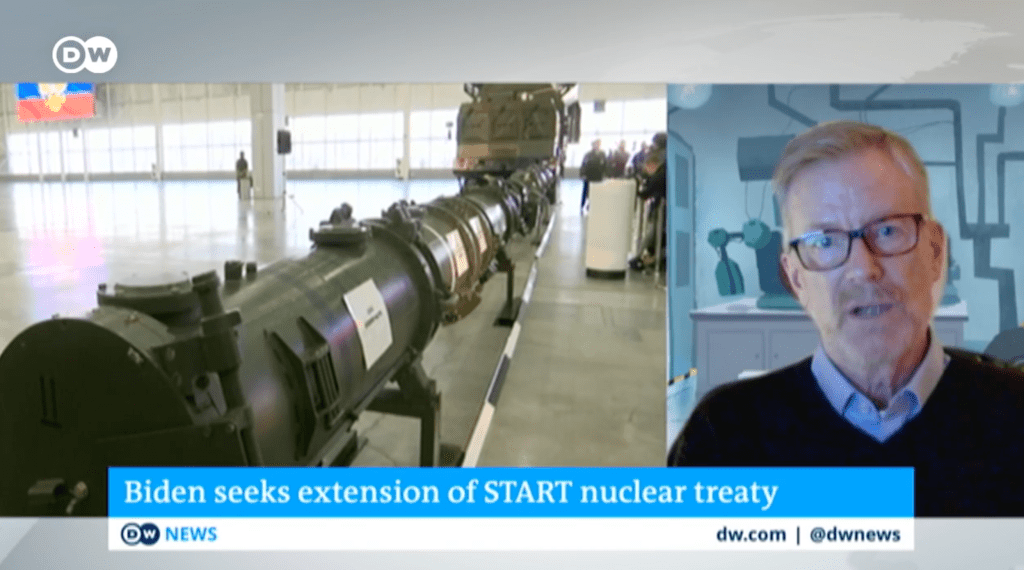“How easy is it to talk about peace and disarmament today when the world is busy rearming?”
That’s the question that Dagens Nyheter, Sweden’s biggest selling daily paper, asked itself, its readers and me in a recent article. About me, it said, “SIPRI’s director says he is a born optimist, but when DN meets him, he describes the world in black and dark grey.”
And yet at the end, the reporter, Ewa Stenberg, managed to find some light amid the dark.
Continue reading